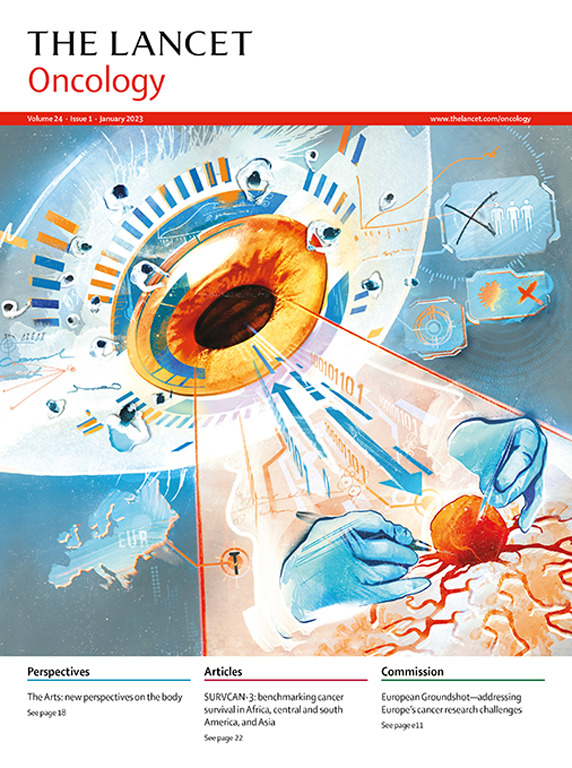Decoding “metabolic memory” – how do glycemic control and variability affect epigenetic changes in young people with type 1 diabetes?
Type 1 diabetes (T1D) is the most common metabolic disease in childhood. It is caused by the destruction of pancreatic beta cells by one’s malfunctioning immune system. The lost beta cells are responsible for the production of insulin – an essential hormone in blood glucose levels regulation. Treatment of T1D demands life-long subcutaneous insulin supplementation […]







